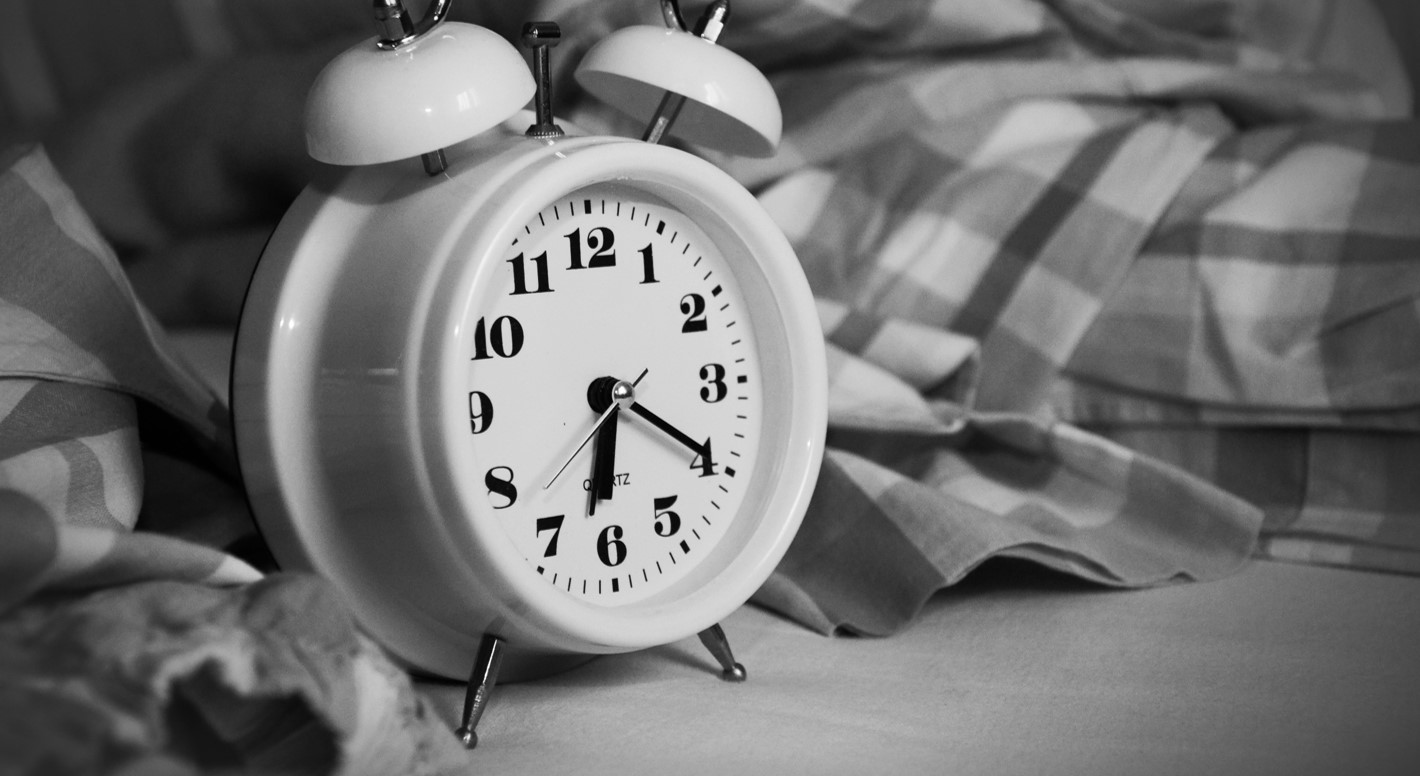Sleep in Lowe Syndrome
Generally, individuals with genetic syndromes may experience settling problems (falling asleep), waking during the night, early morning waking, and subsequent reduced sleep duration and possible daytime sleepiness, or any combination of these problems.
While there is little information at this point in time on sleep behaviour in Lowe syndrome specifically, there is information regarding sleep behaviour in Autism Spectrum Disorder (ASD). As well as this, approximately half of the individuals with Lowe syndrome have seizures (epilepsy), which are associated with some sleep issues.
Causes
When a person has epilepsy, they may be more at risk of developing sleep disorders such as night terrors, sleep apnoea, excessive sleepiness and insomnia. Speak to your doctor if you are concerned any of these may be occurring.
Sometimes, the medication taken to treat epilepsy can have various effects on sleep, including insomnia, abnormal dreams, night terrors and settling problems. If your child is taking medication for seizures and is having trouble sleeping, speak to your doctor for advice.
Individuals with Lowe syndrome sometimes have a high arched palate, which can sometimes cause sleep apnoea.
Sometimes seizures can occur during sleep; this could be cause of waking in the night or insomnia.
Experiencing pain or discomfort can interfere with sleep; to read more about treating some of the common causes of pain and discomfort, see our Health page.
Individuals with Lowe syndrome often score highly on measures of hyperactivity; this means that they may stay very active and alert into the evening, and so struggle to sleep.
The presence of communication difficulties in Lowe syndrome may have an impact on sleep. Difficulties with social communication may mean the person may not pick up on cues that it is nearly bedtime, and has difficulties shifting from a current activity to the bed-time routine.
How can sleep difficulties be managed?
There are a number of behavioural and pharmacological interventions to support sleep in children with genetic syndromes. Commonly used strategies include:
You could try keeping a sleep diary to monitor their sleep; this could potentially help you spot patterns in their sleep issues and figure out what may be causing sleep disturbances.
Ensuring the child’s bedroom is free of stimulation, comfortable, conducive to sleep and free of excessive light and noise.
Minimising the amount of attention given to the child when they wake at night.
Gradually adjusting the child’s bedtime to ensure that the bedtime coincides with when the child is tired.
Medications to help with the onset of sleep may be effective for some children.
Develop a positive bed-time routine that prepares the person for sleep.
Ask your doctor for advice on managing sleep apnoea.
For more information:
This booklet provided on the Research Autism website contains some helpful ideas: Encouraging Good Sleep Habits.
The Cerebra Charity provides a Sleep Service for support and advice, as well as videos discussing sleep problems that a child may experience. Please click the following link to access this information: https://w3.cerebra.org.uk/help-and-information/sleep-service/
For more information on the nature of sleep in children with intellectual disability, and what can be done to reduce or improve sleep problems, click here to read Cerebra’s guide.
The Cerebra Charity also provides useful tips on what to do if your child is experiencing sleep difficulties: http://w3.cerebra.org.uk/practical-help/difficulty-sleeping-alone-or-night-waking/




